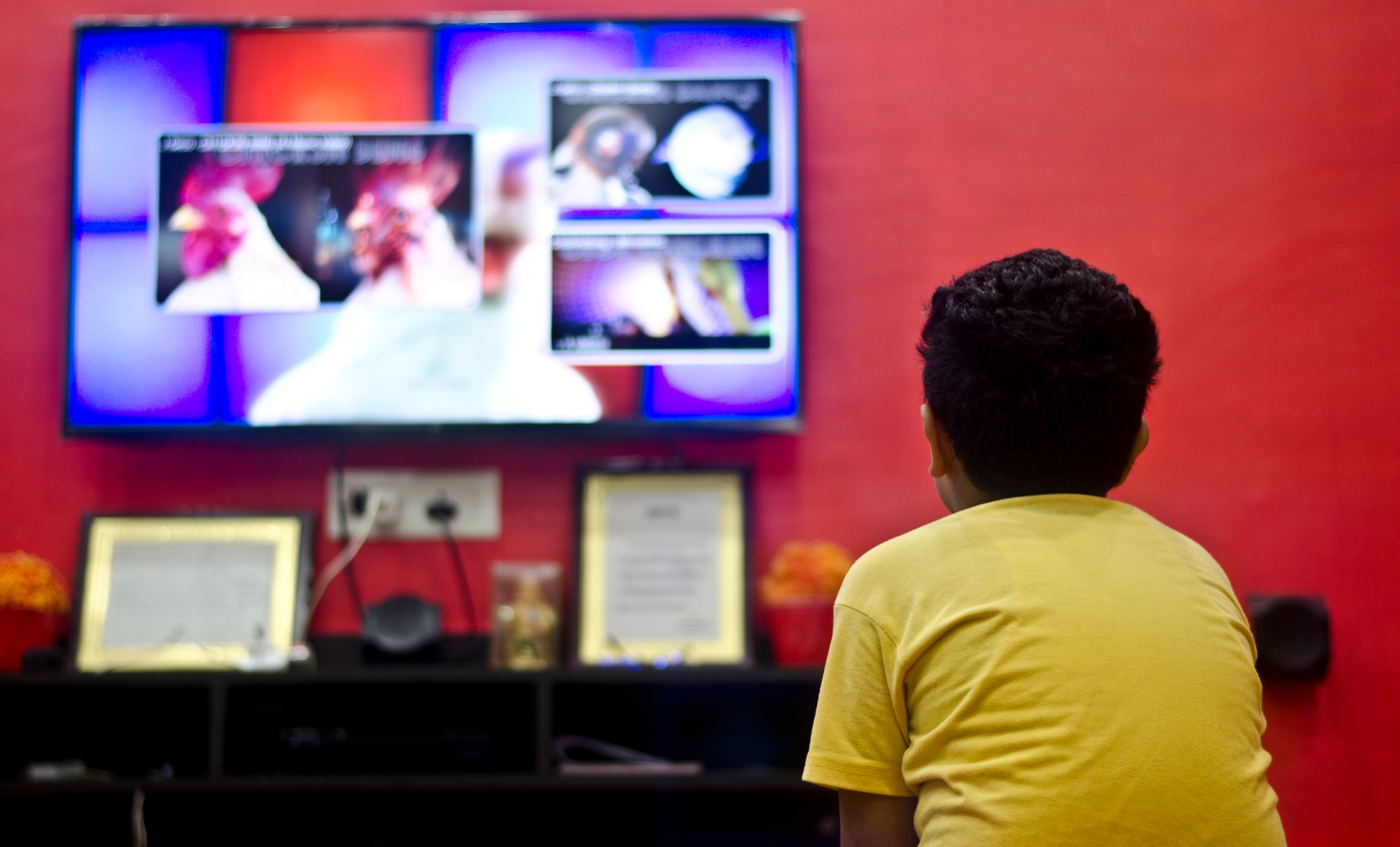As physicians running private practices, media interviews offer a golden chance to share your insights, raise public health awareness, and boost your practice’s visibility. But how can you make sure these interviews showcase your expertise and the values of your practice? This post is here to guide you through the ins and outs of engaging with the media in an effective and authentic way.

Preparing for the Interview
Being prepared is the cornerstone of a successful media interview, allowing you to get your messages across with confidence and clarity. Good prep ensures you won’t miss an important point or struggle communicating.
Research the media outlet
Start by getting a good grasp of the platform that reached out to you. Understanding their audience, style, and content can help you personalize your message and connect with their viewers or readers.
Define key messages
Before the interview, make sure you know exactly what you want to say. Your core messages should align with your practice’s mission and the interests of potential patients.
Prepare talking points
Make a list of important points you want to talk about. Have some stats, stories, or other relevant info ready to back up these points, and practice delivering them in a concise way.
Creating a Strong Presence
A powerful media presence is important for physicians, as it not only shows confidence in your professional capabilities but also creates trust and credibility with your audience.
Dress professionally
Your attire should reflect professionalism while maintaining an approachable and casual style that patients expect from your practice. Choose clothing that conveys expertise in a relaxed manner.
Maintain good body language
Non-verbal cues are powerful. Sit or stand straight, make eye contact, and use gestures wisely to keep your audience engaged.
Be confident and authentic
Confidence comes from being prepared and authenticity comes from truly believing in what you’re saying. Your audience will trust you more when they see your professionalism backed by genuine conviction and care.
Handling Difficult Questions
Handling tough questions with grace and expertise is key during media interviews.
Stay calm and composed
When faced with challenging questions, stay level-headed. If needed, take a moment to gather your thoughts before responding calmly.
Use bridging techniques
If a question goes too far beyond your expertise or the scope of your practice, just bring it back to what you know. Recognize the question and smoothly transition to a related topic that you’re more comfortable talking about.
Provide concise and clear answers
Answer directly without going into too much detail. Long responses can water down your message and lead to misunderstandings.
Communicating Complex Ideas
It’s crucial for healthcare professionals to explain complex medical concepts in a way that patients can easily grasp. This helps establish clarity and connection with the audience.
Use simple language
Replace medical jargon with layman’s terms. Your goal is to inform and educate, not to confuse.
Provide relatable examples:
When talking about complicated medical ideas, using analogies and patient stories can help make the information easier to understand and more relatable.
Promoting Your Practice:
When you promote your practice in an interview, it’s a great chance to showcase your dedication to patient health and the unique services you provide.
Highlight unique aspects of the practice
What makes your practice stand out? Is it the latest technology, a specific expertise, or a fresh approach to patient care? Let people know about these special qualities that set you apart.
Share success stories and patient testimonials
Real-world examples of how your practice has made a difference can speak volumes – while respecting patient privacy, of course.
Provide contact information
Make sure to let your audience know how they can get in touch or find out more about your practice once the interview is finished.
Conclusion
When it comes to successful media engagements as a physician, remember that clarity and authenticity are key. By preparing well, being confident, handling tough questions with ease, keeping things simple, and promoting your unique practice effectively, you can make the most of every media opportunity.





